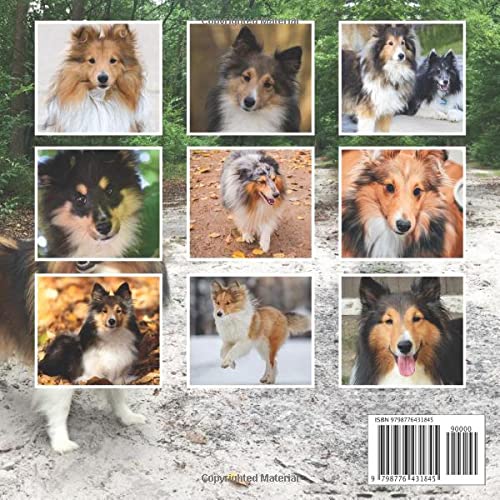Sufis and Their Opponents in the Persianate World
₱2,531.00
Product Description
Sufis and Their Opponents in the Persianate World features a diversity of themes and a multidisciplinary variety of approaches and covers a large historical timeframe and vast geographical expanse. The period treated ranges from early ninth- tenth- eleventh-century Sufism in Baghdad and Khurasan, down to Sufism in thirteenth-fourteenth century Iran, seventeenth century Central Asia and India, and nineteenth century Iran and Turkey.
There are four essays on various aspects of the Sufi/anti-Sufi opposition in Persian literature. Theologically, we have five essays on anti-Sufi polemics in Iranian Shi’ism. A considerable amount of coverage is also given to the Sufi tradition in Anatolia and Turkey. In terms Sufi esoteric theosophy, we dwell on the thought of Ibn ‘Arabi, the early Khurasani Malamati tradition, and the interface of Sufism with medieval Ismailism. The geographical sweep of the volume includes Anatolia, Iran, Central Asia and India, an area corresponding to the Achamenian Empire at its largest extent.
The book is based on the conference ‘Sufis and Mullahs: Sufis and Their Opponents in the Persianate World’, organized in 2016 by Dr. Leonard Lewisohn and Dr. Reza Tabandeh at the Institute of Arab and Islamic Studies (IAIS) of the University of Exeter.
About the Author
Reza Tabandeh received his B.A. from York University in Religious Studies and his M.A. from the University of Toronto. He earned a Ph.D. in Islamic Studies from the Institute of Arab and Islamic Studies of the University of Exeter, U.K. His thesis was on the revival of Ni’matullāhī Sufism in Qajar Persia, focusing on the second generation of Nimatullāhī masters, during the period following the return of the order to Persia from India. He was invited to be a guest lecturer at Brock University, University of Toronto, and York University in Canada, where he lectured on subjects related to contemporary Shi’ite Sufism with special attention toward Ni’matullāhī Sufism and persecution of Sufis in Persia. He was also a visiting lecturer in University of Bradford, UK, on issues related to cultural influences of certain Islamic countries (Iran, Lebanon and Palestine). He is currently undertaking post-doctoral research at the University of Toronto on the concept of the love of “People of the Prophet’s House” among Sufis between the twelfth to fifteenth centuries. He is currently a researcher on Islam and Sufism at Brock University and continuing his research on Sufism.
Leonard Lewisohn (1953-2018) was Senior Lecturer in Persian and Iran Heritage Foundation Fellow in Classical Persian and Sufi Literature at the Institute of Arab and Islamic Studies of the University of Exeter, and the founding editor-in-chief of the Mawlana Rumi Review. At Exeter, he taught classes on Sufism, the history of Iran, and Persian prose and poetry in translation. He was the author of Beyond Faith and Infidelity: The Sufi Poetry and Teachings of Mahmud Shabistari (2nd ed., forthcoming 2020) and edited numerous works, including the three-volume Heritage of Sufism, covering a millennium of the intellectual and spiritual history of Islam-volume 1: The Legacy of Medieval Persian Sufism; volume 2: Classical Persian Sufism from its Origins to Rumi; and volume 3 (with David Morgan): Late Classical Persianate Sufism: The Safavid and Mughal Period (1999). He also edited (with Christopher Shackle) The Art of Spiritual Flight: Farid al-Din ‘Attar and the Persian Sufi Tradition (2006), as well as Hafiz and the Religion of Love in Classical Persian Poetry and The Philosophy of Ecstasy: Rumi and the Sufi Tradition. A Critical Edition of the Divan of Shams Shirin Maghribi , An Anthology of Esoteric Traditions in Islam: Texts on Gnosis & Hermeneutics in Ismailism, Sufism, Muslim Philosophy, Twelver Shi’ism & Illuminationism. As well as over 60 academic articles including for journals like Iranian Studies, Islamic Culture, Iran Nameh, Iran, the Temenos Academy Review, Sufi: A Jour














